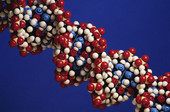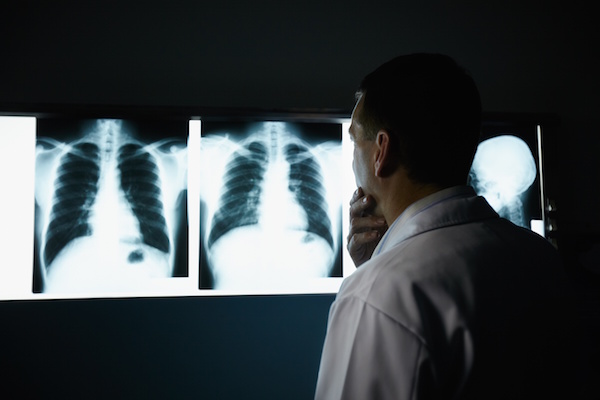
THURSDAY, April 1 (HealthDay News) — A genetic mutation in the gene known as BRCA1 greatly boosts the risk that a woman will develop breast cancer. But now, researchers report that they’ve been able to lower the risk of cancer in mice with that gene by deactivating another gene.
Women with the mutation have as much as an 85 percent greater lifetime risk for developing breast cancer than other women. They also have up to a 40 percent greater chance of developing ovarian cancer.
Lead investigator Andre Nussenzweig and his colleagues from the U.S. National Cancer Institute found that inactivation of a gene known as 53BP1 lowered the risk for breast tumors in mice. The mice had a defective BRCA1 gene, which boosted their chances of developing breast cancer just as it does in humans.
The researchers also found that tumors connected to BRCA1 mutations might be able to fight off chemotherapy better than other kinds of tumors. But, they noted, it’s possible that scientists will be able to develop drugs to combat this effect.
The study findings were released online April 1 in advance of publication in the April 16 print issue of the journal Cell.
More information
The U.S. National Cancer Institute has more on breast cancer risks for women with BRCA1 and BRCA2 genetic mutations.

